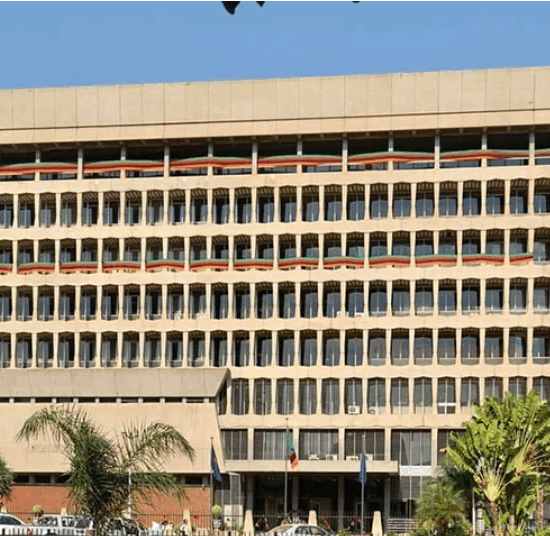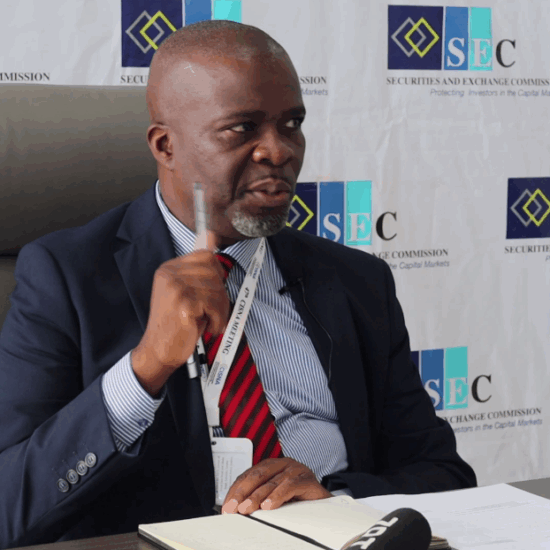
The Centre for Trade Policy and Development-CTPD says there is need for government to have the capacity to generate domestic resources in order to minimize the pressure on borrowing externally.
CTPD Head of Research Boyd Muleya said government would have full control of how to utilize its resources if the country starts generating its own resources because unlike external borrowing, domestic resources do not come with conditions.
Speaking in an interview with the Zambian Business Times-ZBT, Muleya noted that government should have the capacity to finance some of the projects that involve citizen investment such as artisanal and small-scale mining.
“Citizens who are investors in the artisanal and small scale mining space are getting their equipment from foreigners who are mainly Chinese and Indians and these people have offtake rights. When they mine their minerals they would have to specifically sell to these owners of the equipment which comes at a lower price than the market is offering and that’s a loss for our people”, he said.
Muleya said there is need to capacitate the country’s productive sectors by government raising resources for the country in order to take advantage of the opportunities that the country has to offer.
He mentioned that Zambia as a country has not exploited its full potential adding that Zambia still has space within the natural endowment such as mines and agriculture noting that the country doesn’t have manufacturing companies that can turn produce into finished goods which are opportunities the country should be speaking about.
Muleya said there is also need for a mindset change amongst citizens so that they can work with government in actualizing the pronouncements that government makes adding that it is the responsibility of citizens to ensure that the promises made by government are upheld.
“We need to capacitate ourselves by increasing resources from our means without citing cases of killing off the private sector as it were because equally there is an argument to say if you tax the private sector or the informal sector then you are killing them off. Another argument is that if you fail to tax the private or the informal sector, you will not have the resources to create an enabling environment for them”, he said.
And Economist Noel Nkoma has noted that foreign direct investments come with repatriation of capital (tax refunds) so the money does not stay in the country thus this creates instability as the policies formulated do not favour a particular investor and is not sustainable in the long run.
Nkhoma told the ZBT that what will be sustainable for the country is domesticated investment adding that the country should go through organic growth.
He said the economy should be left to generate millionaires within the economy and the money should be reinvested so that any policy change does not affect the economy noting that there is also need to formulate polices which favour indigenization.
Nkoma said government could help create strong entrepreneurs by giving citizens incentives to be able to access credit and invest in high impact sectors among other interventions.
“Like the case is in Kenya, Kenya has done so well because the indigenous people have created so much wealth that they are reinvesting it in the economy”, he said.







